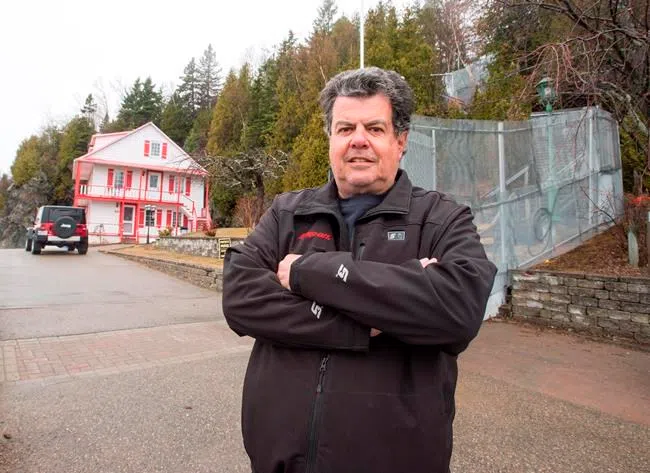
In sleepy Quebec town, residents prepare to welcome the world for G7 summit
LA MALBAIE, Que. — Locals in Quebec’s Charlevoix region are quick to boast about their “paysage” — their landscape — which was formed when a meteorite smashed into Earth hundreds of millions of years ago along the St. Lawrence River.
Towns such as La Malbaie and Baie-Saint-Paul are inside the impact crater and surrounded by a ring of mountains that extends to the St. Lawrence River, where fresh water meets the saline water of the Atlantic Ocean, creating a playground for beluga whales.
It is in this crater where Prime Minister Justin Trudeau will welcome the leaders of some of the world’s most developed democracies for their annual meeting known as the G7 summit.
The heads of state of Canada, the United Kingdom, Italy, France, Germany, the United States and Japan will gather June 8-9 for the 44th annual summit at the Fairmont Le Manoir Richelieu hotel, which sits atop a cliff overlooking the blue water.
